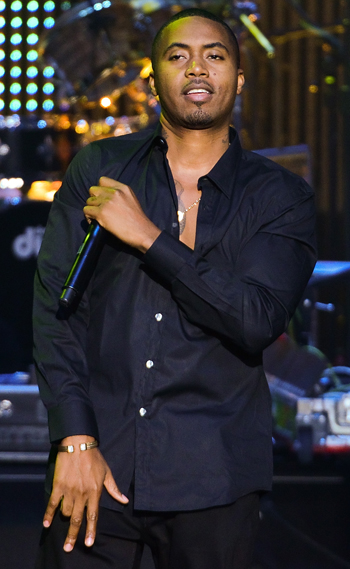Nas Digital Biography
NAS
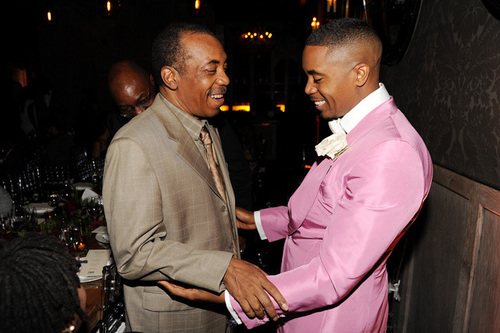

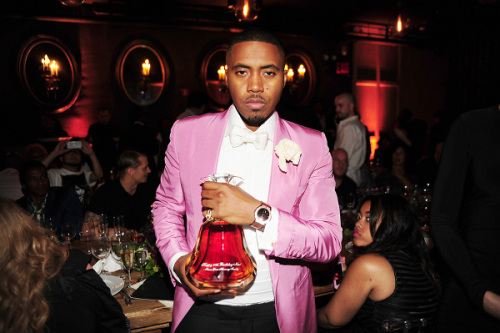

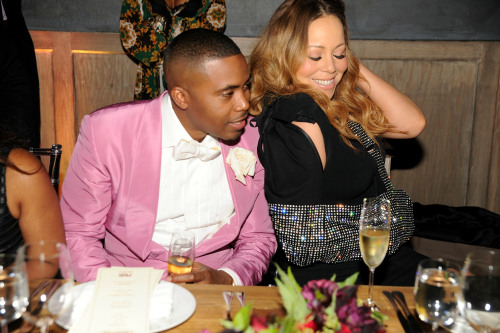
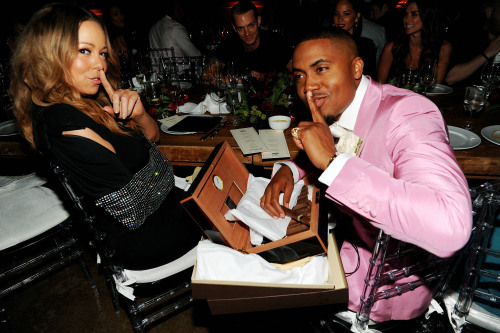


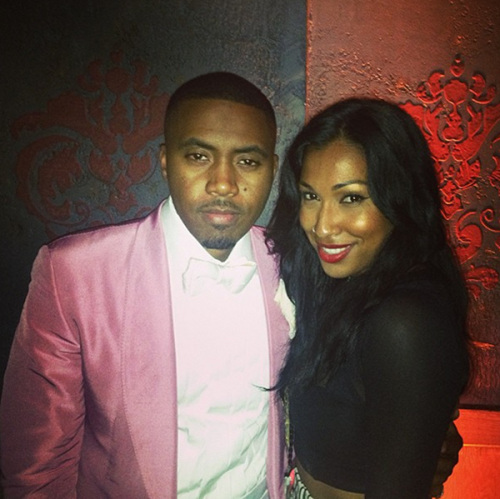
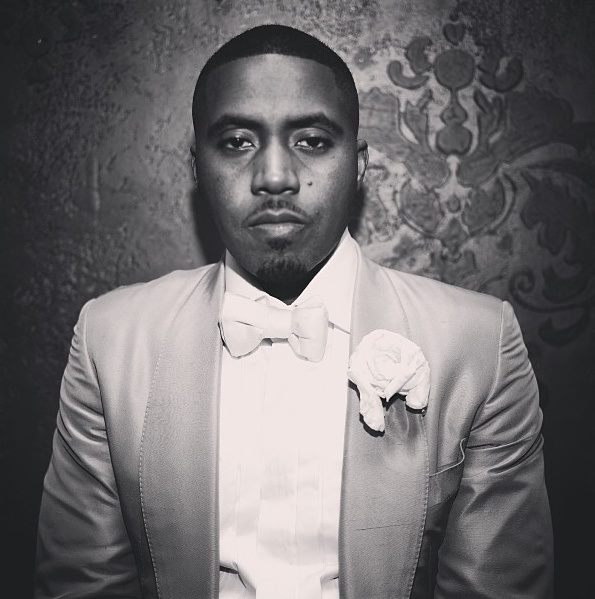

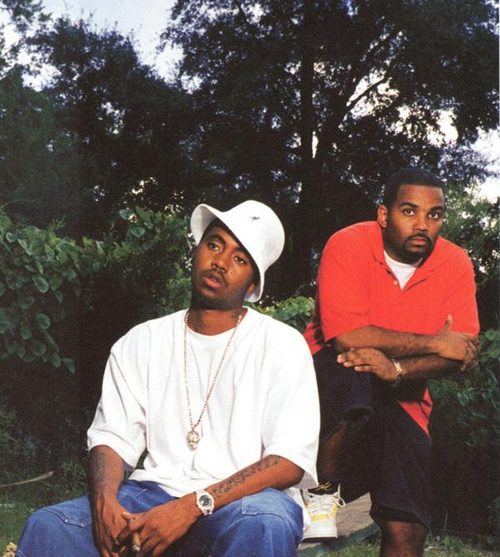
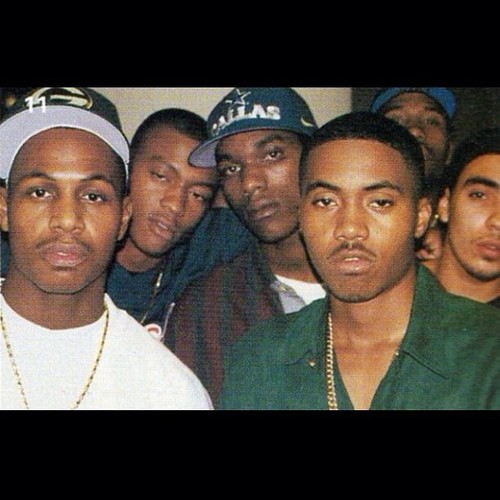
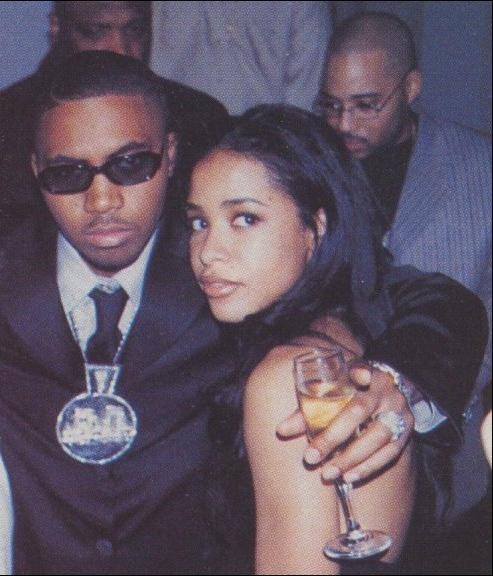
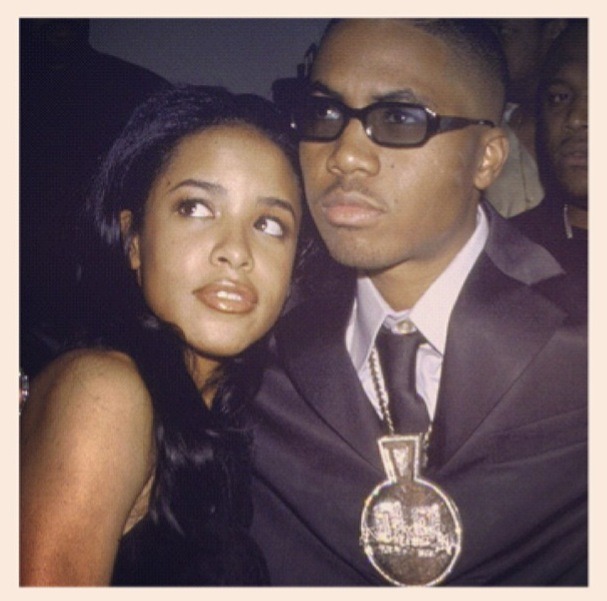


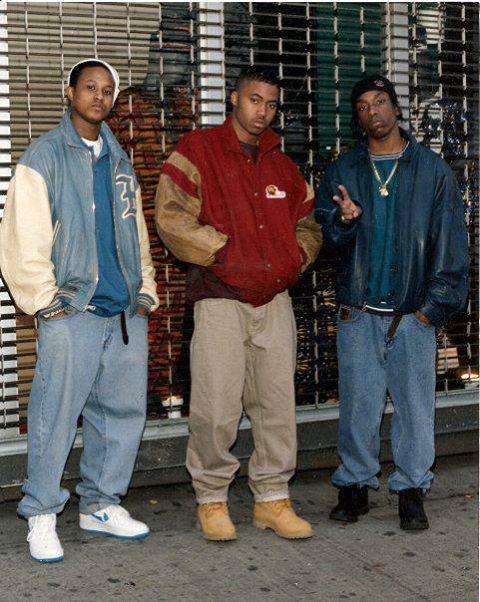
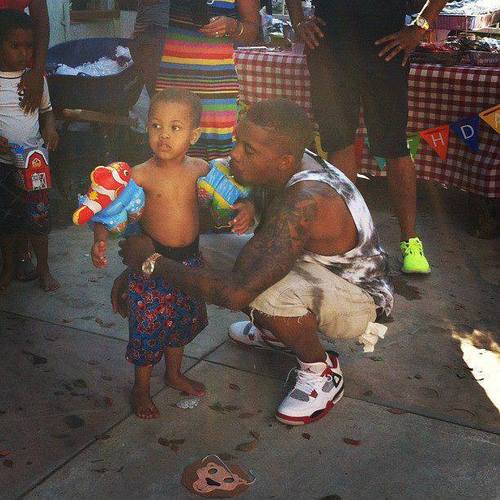

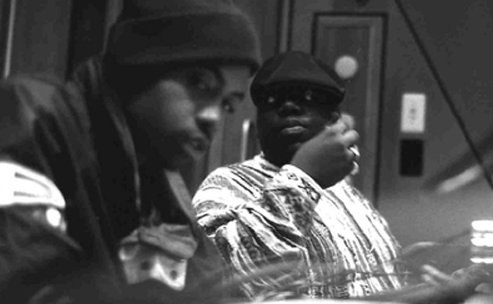
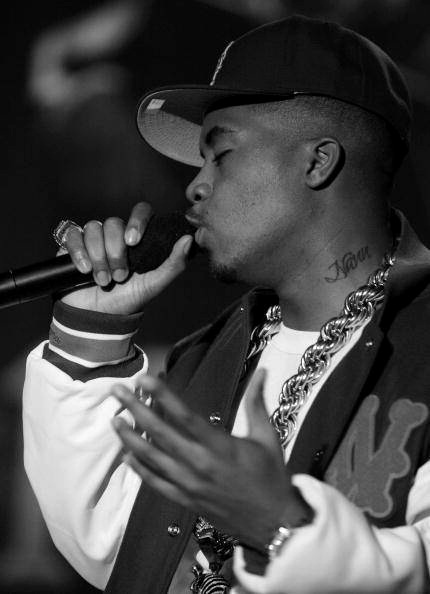


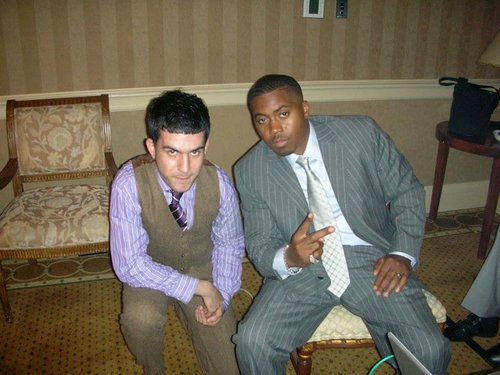


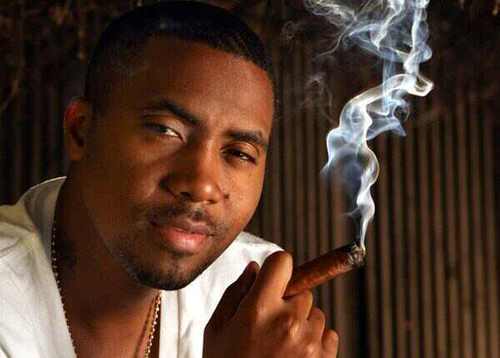


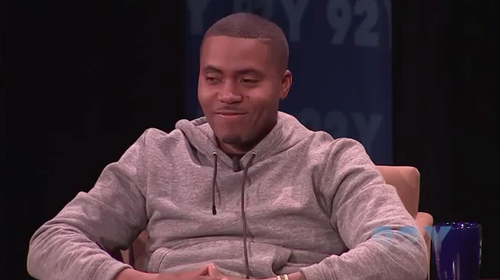


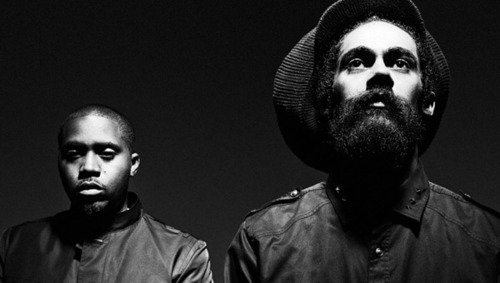
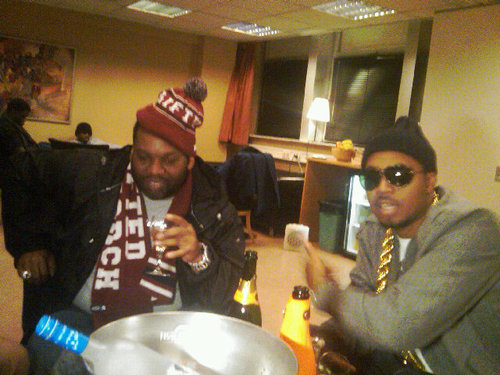


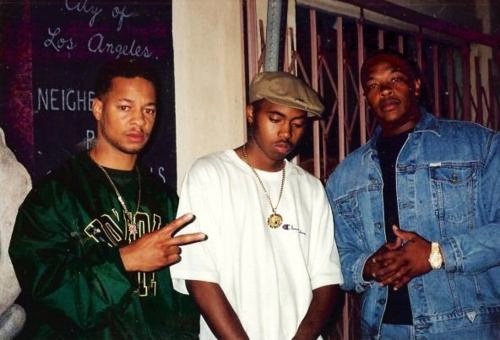

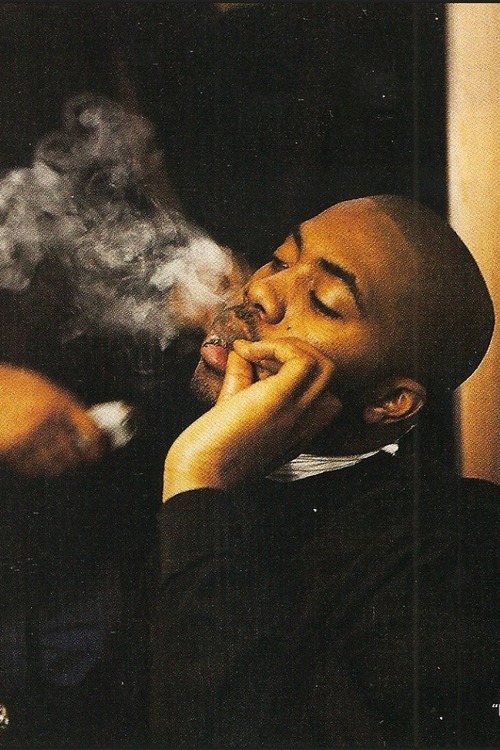
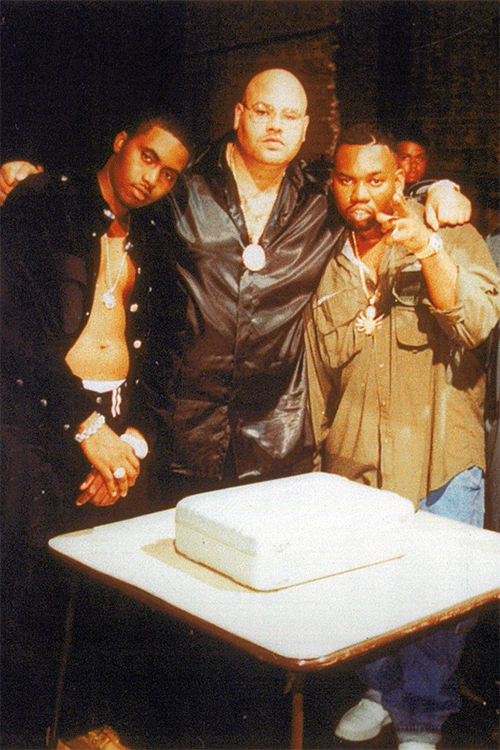


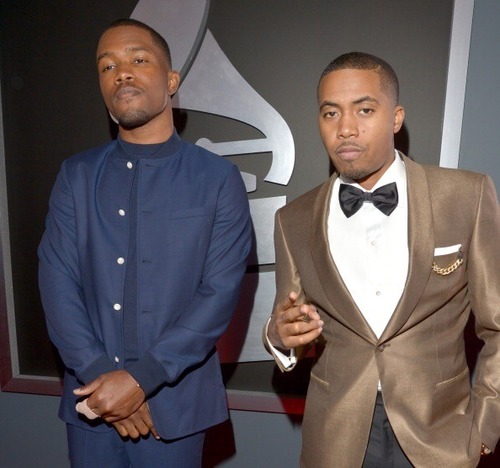
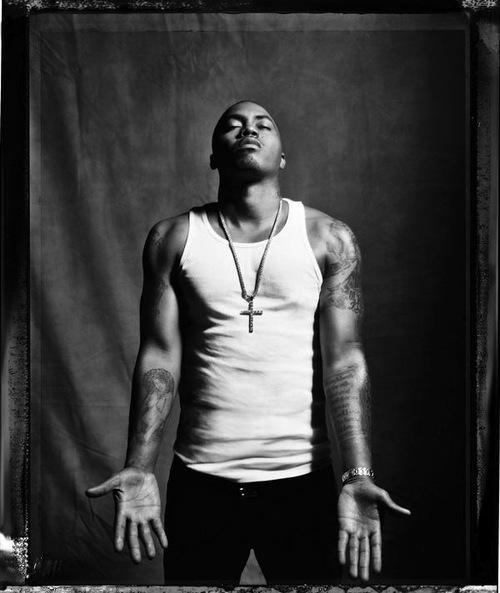




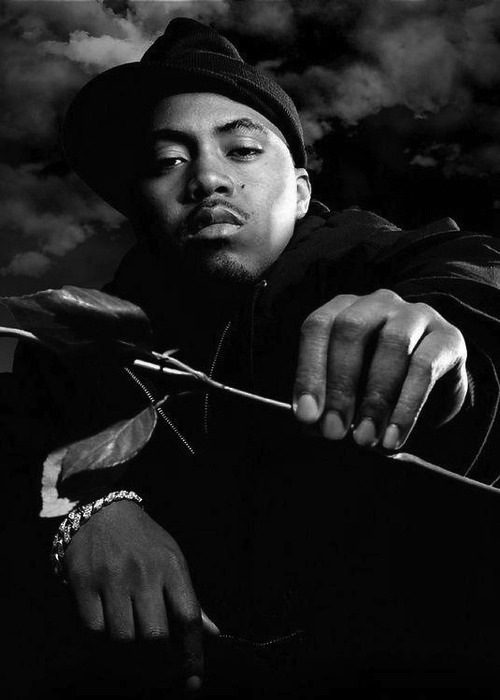
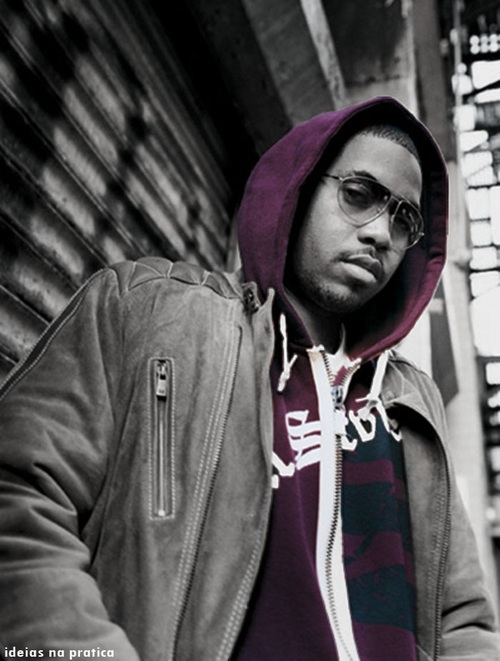
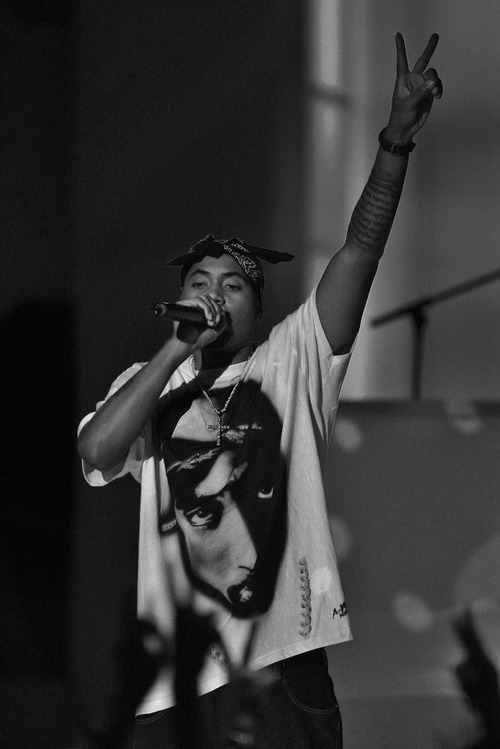
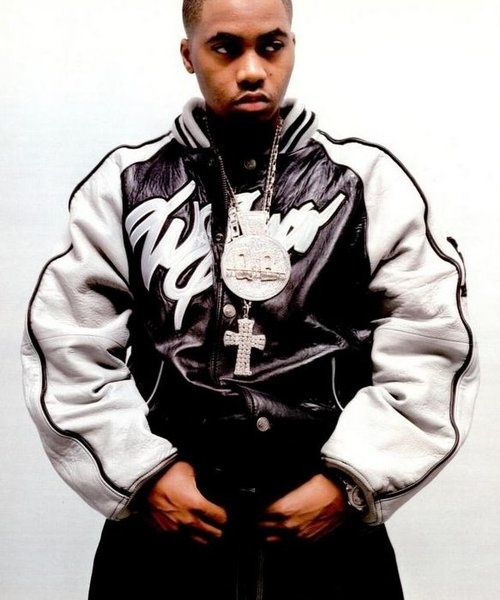
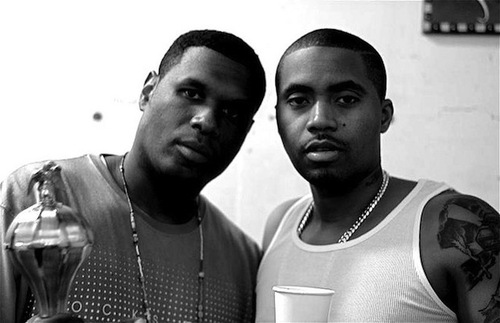
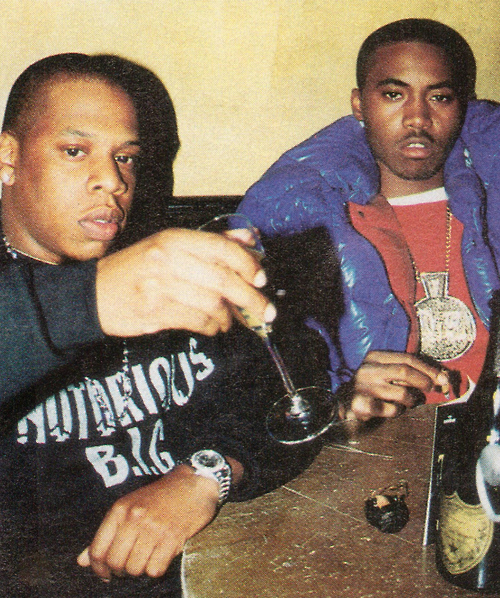
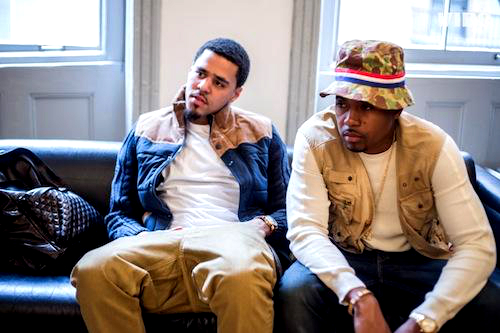
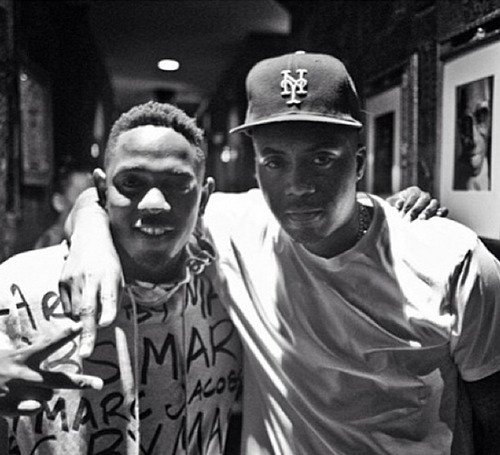
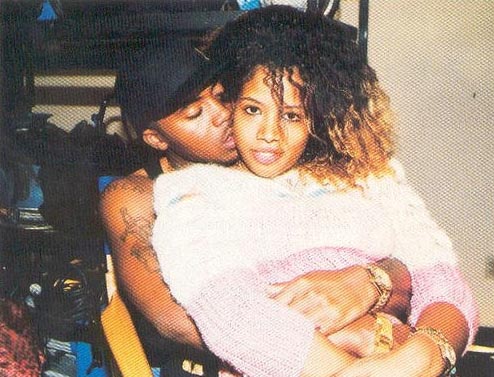
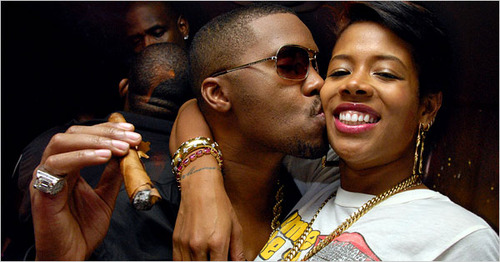
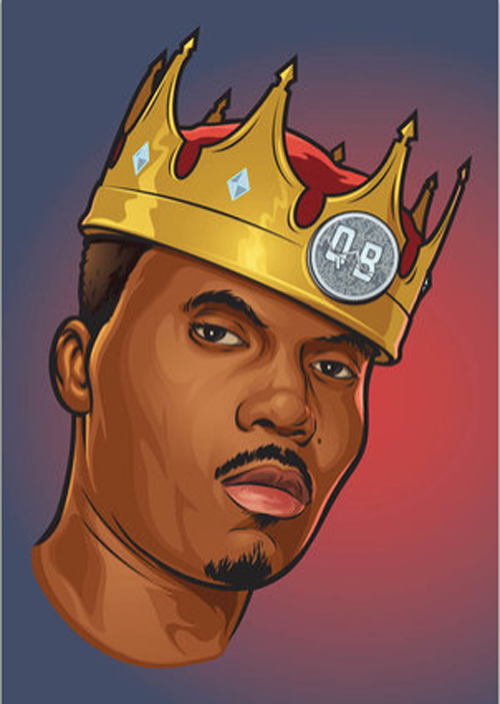

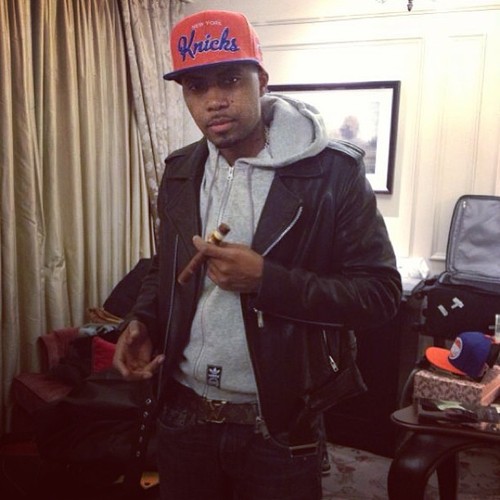

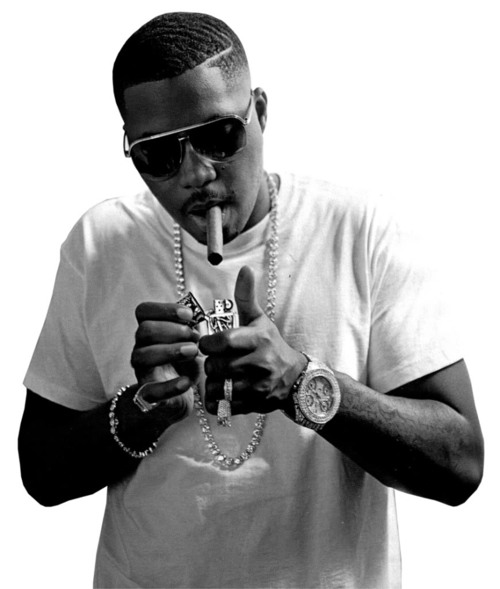
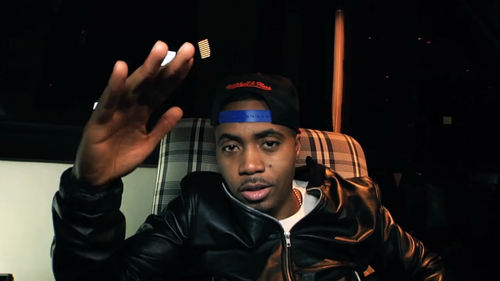


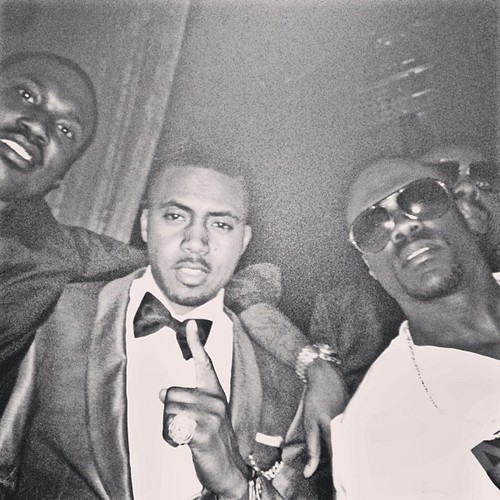

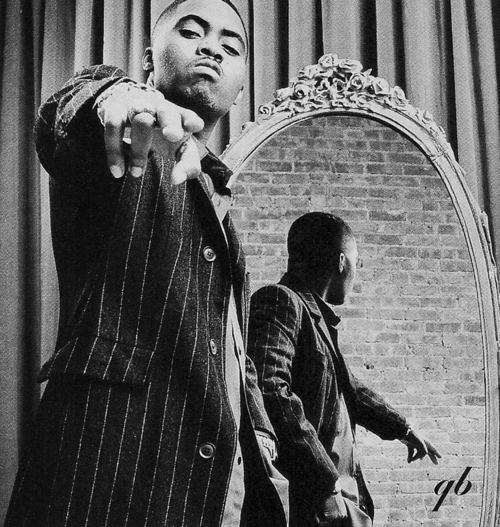
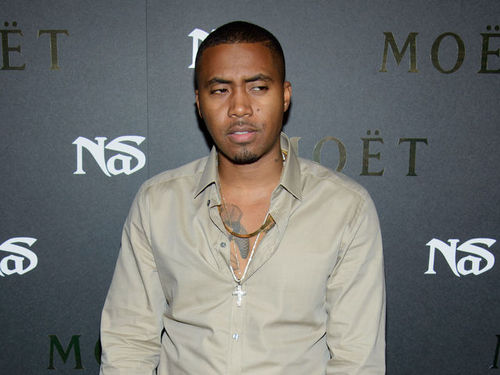

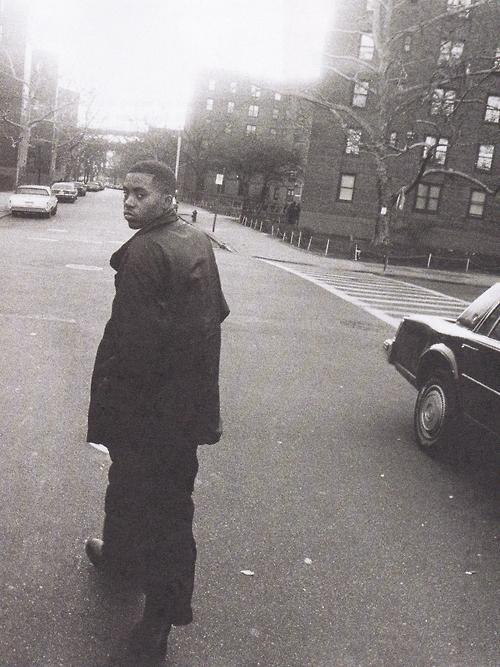

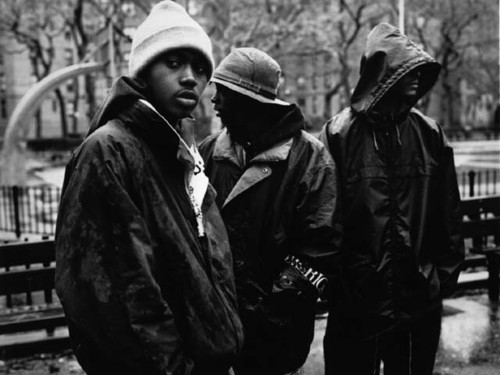
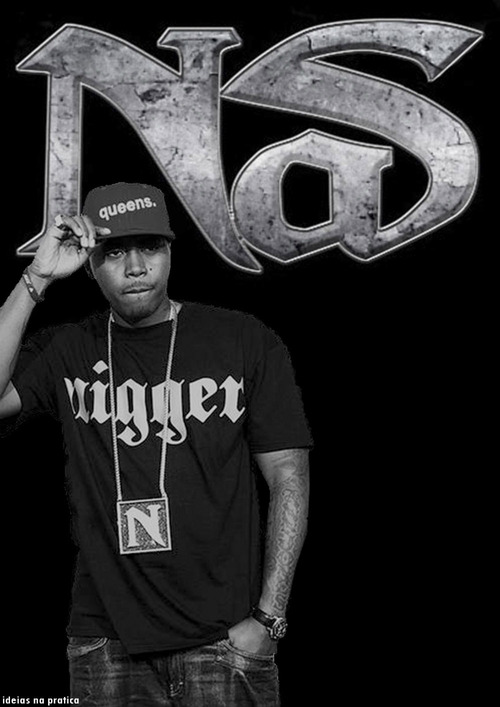
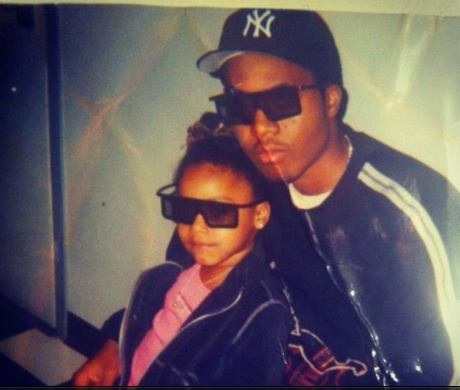
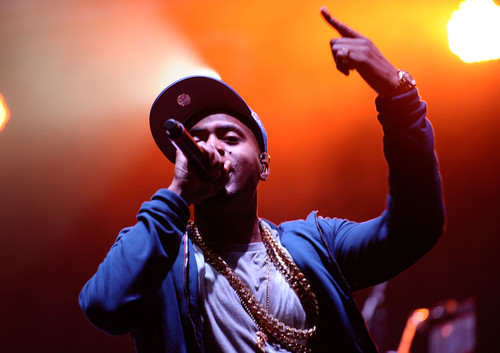

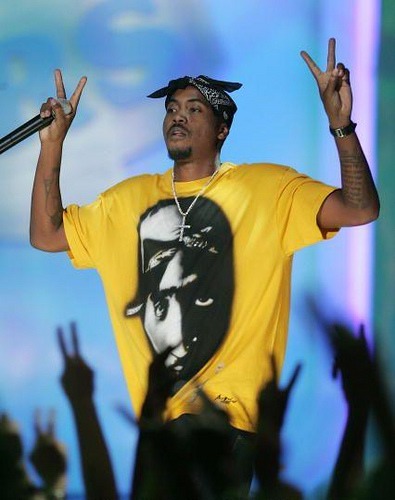

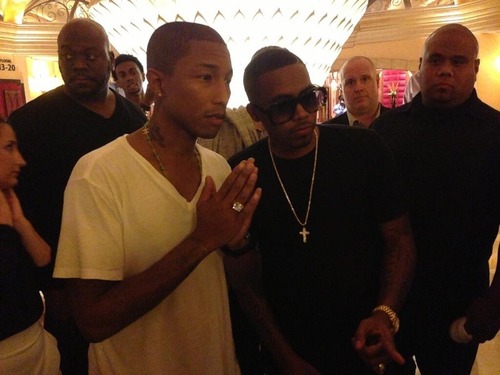
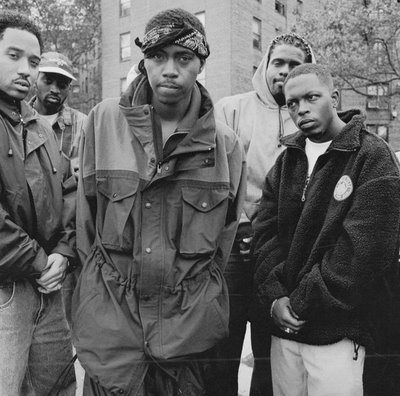








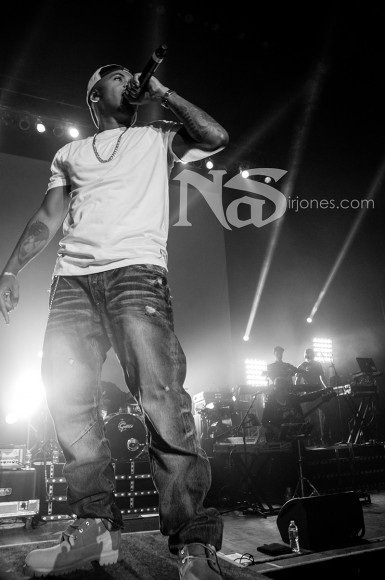
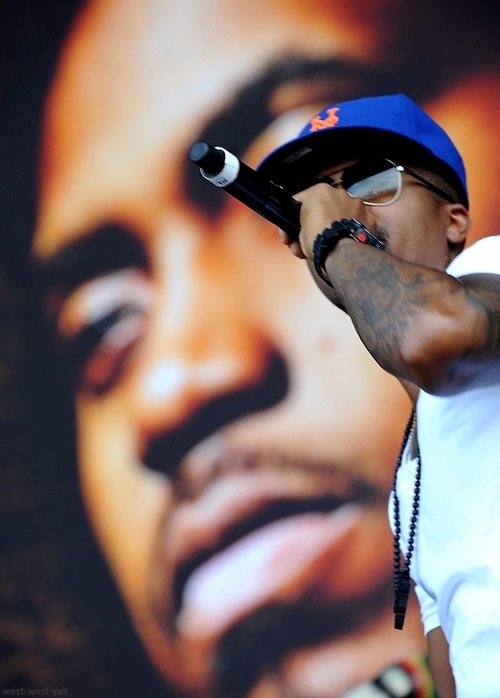

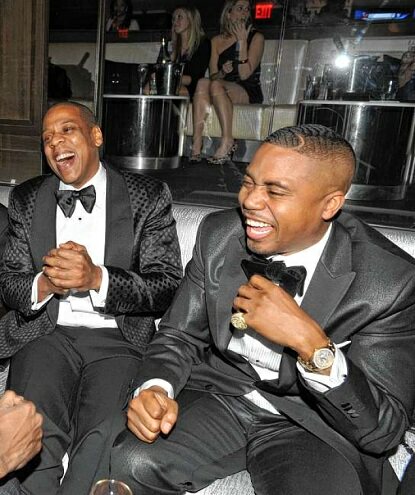
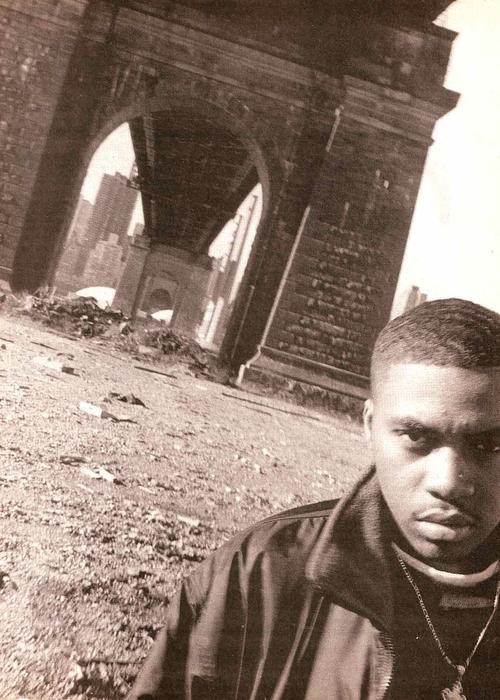

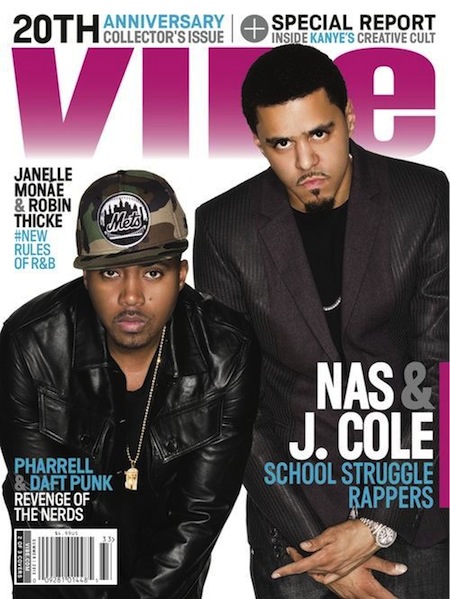
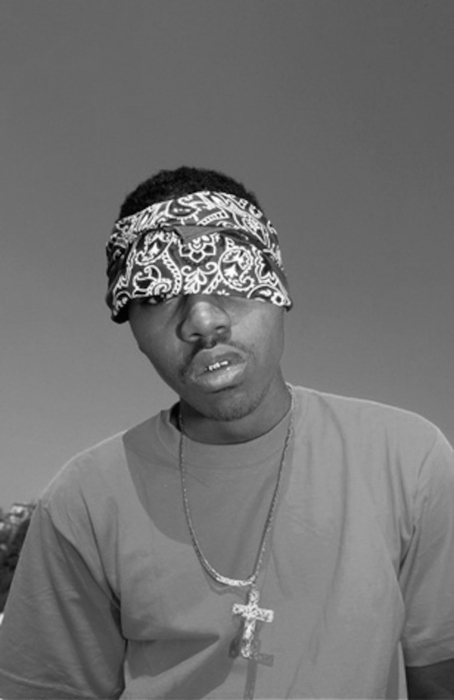
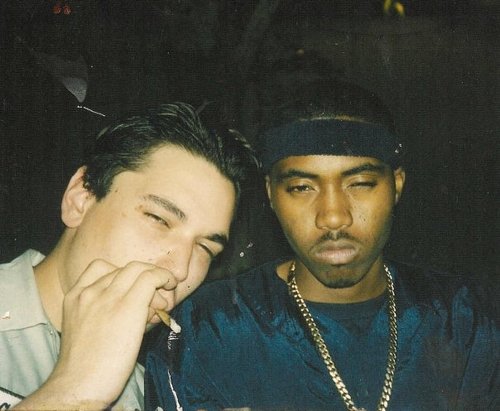
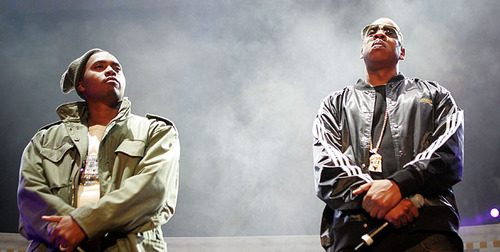
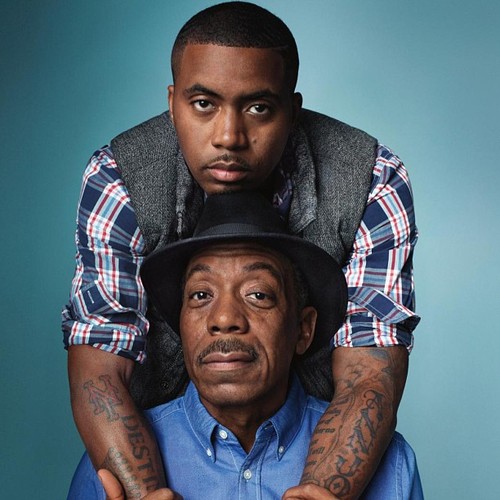




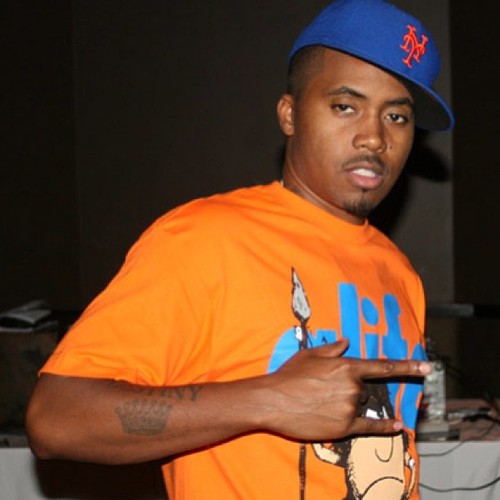
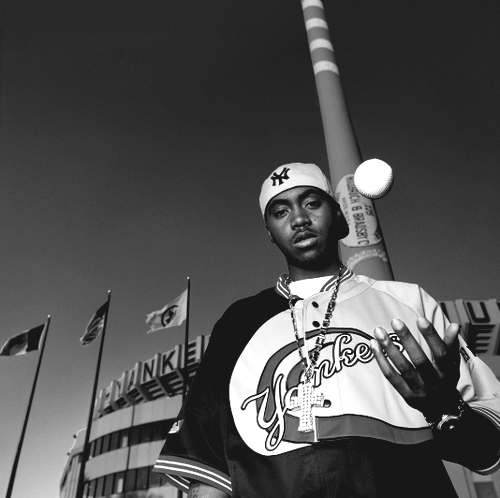

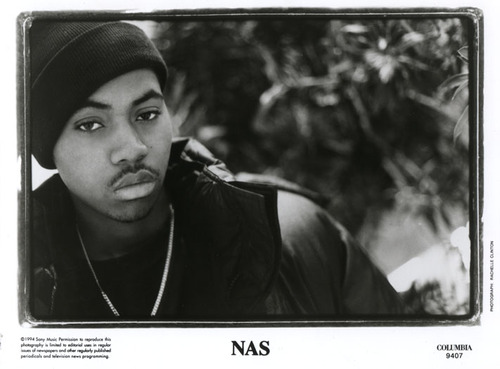
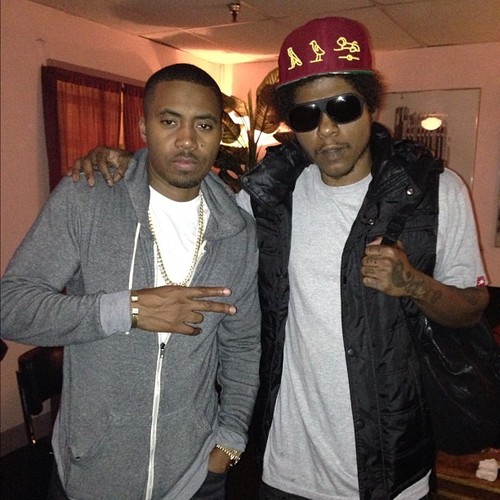








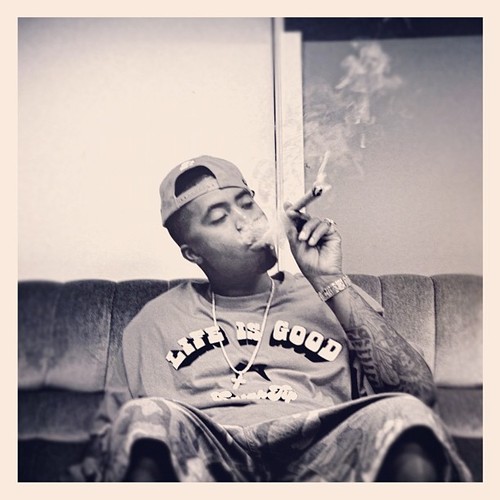






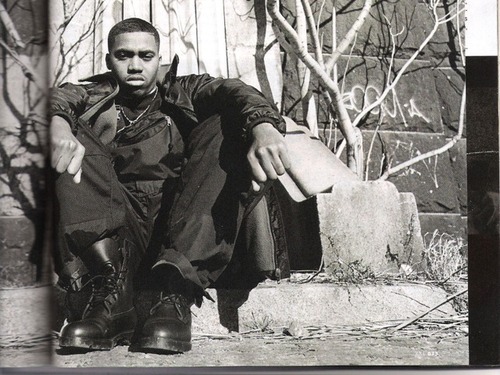




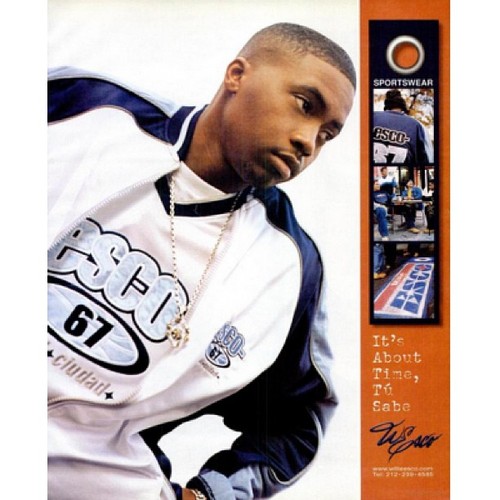


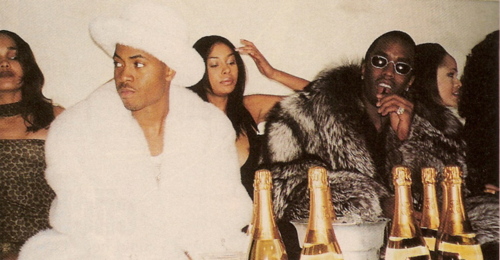

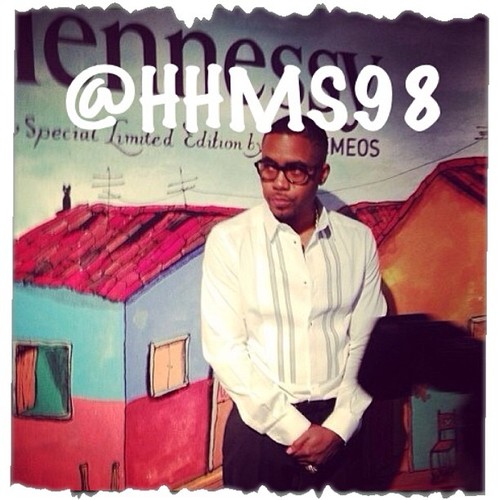
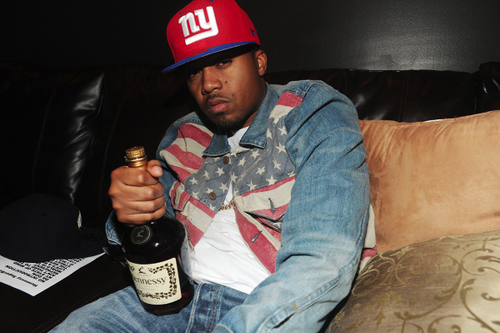
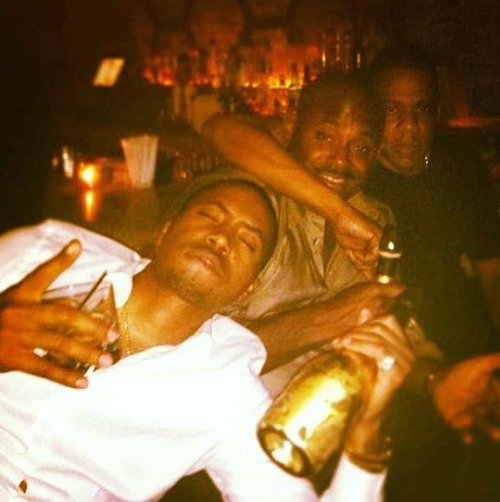

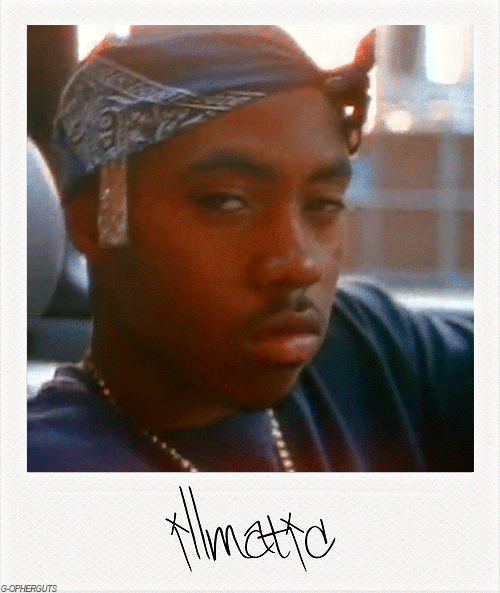



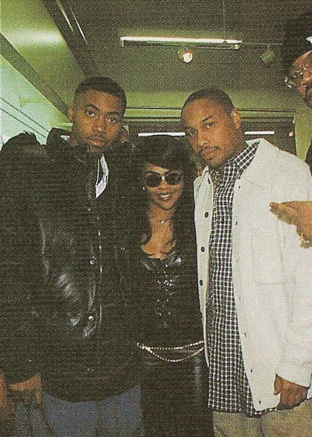
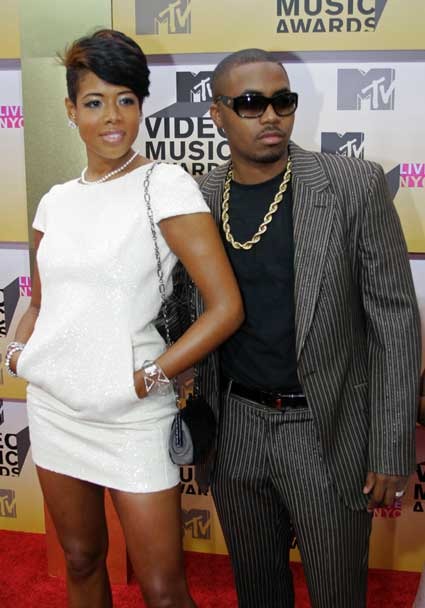
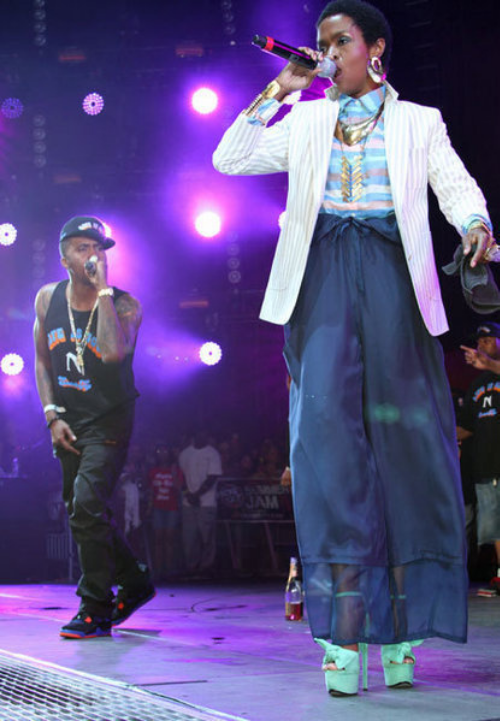


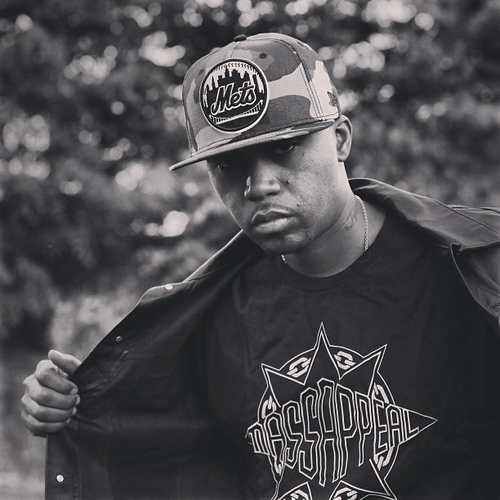
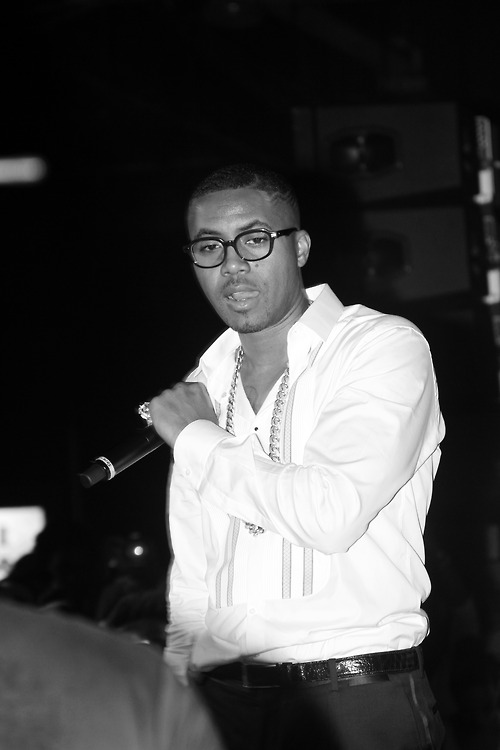
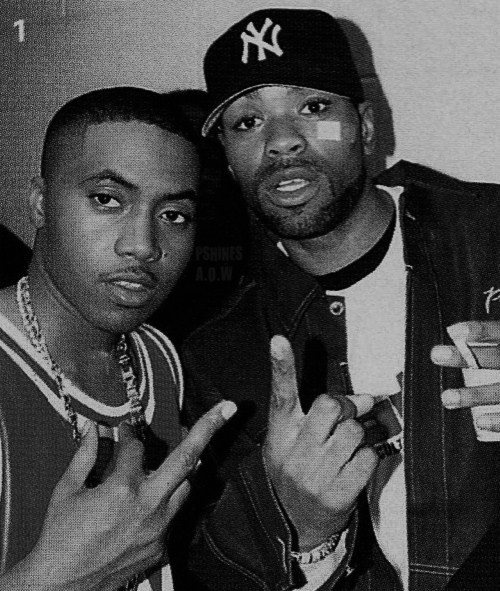

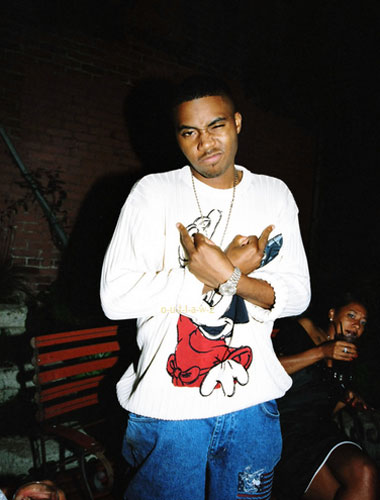
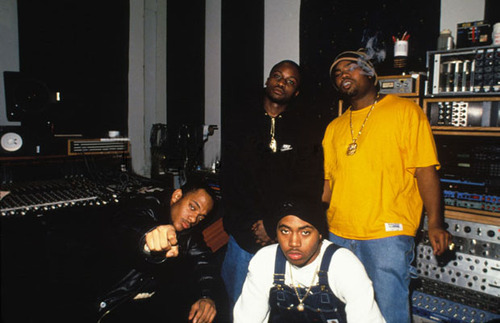
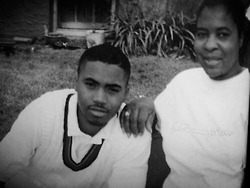
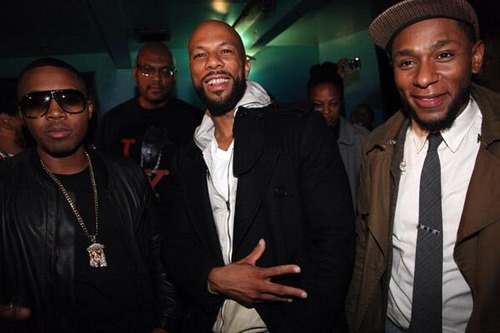

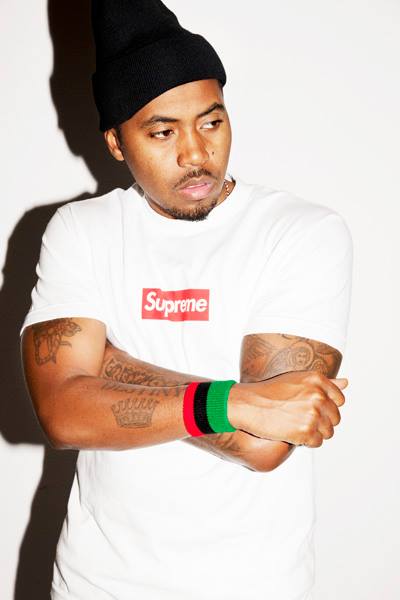
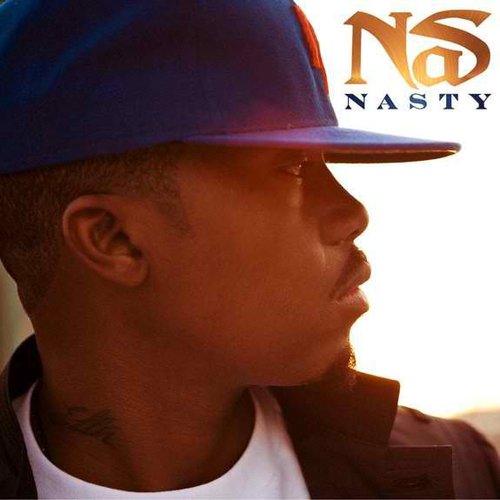

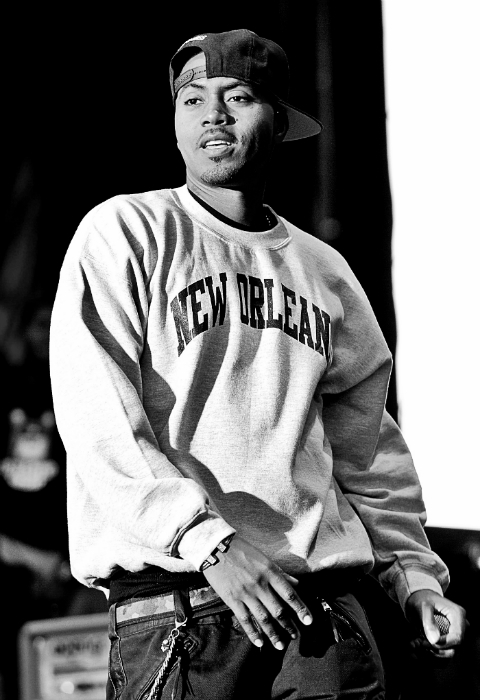

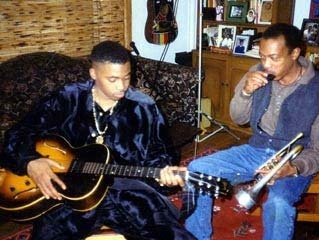

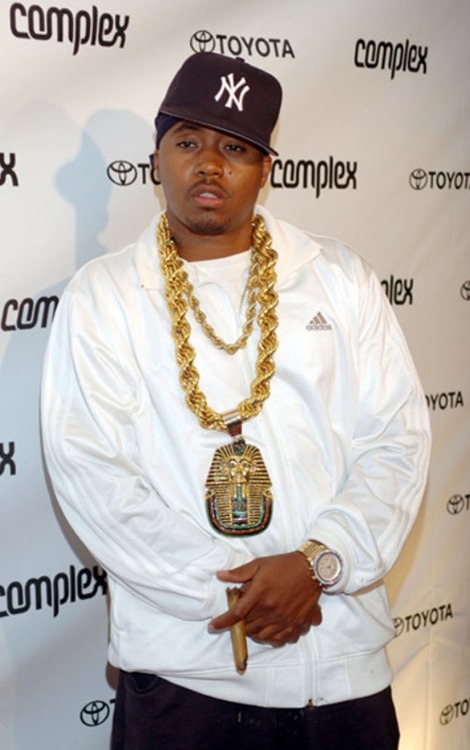
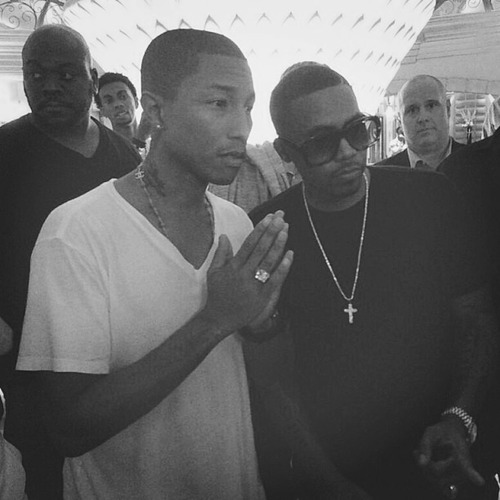
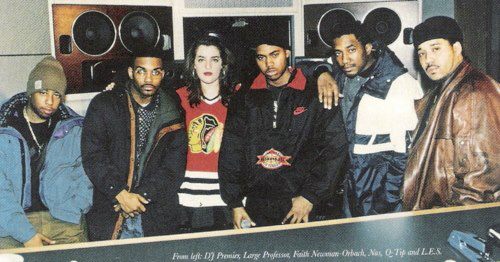




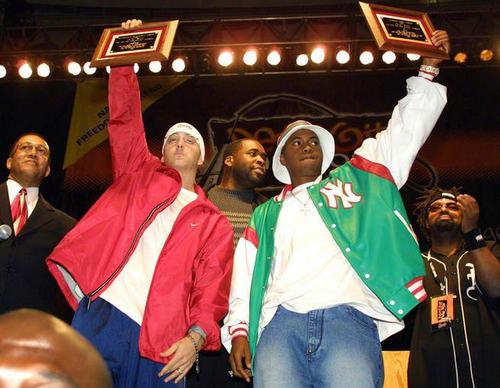
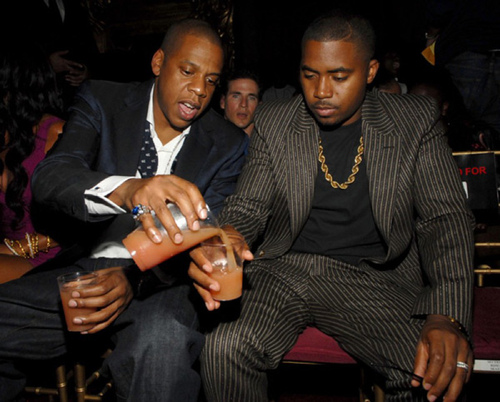

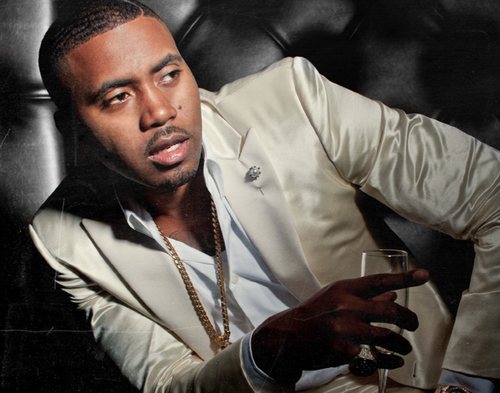




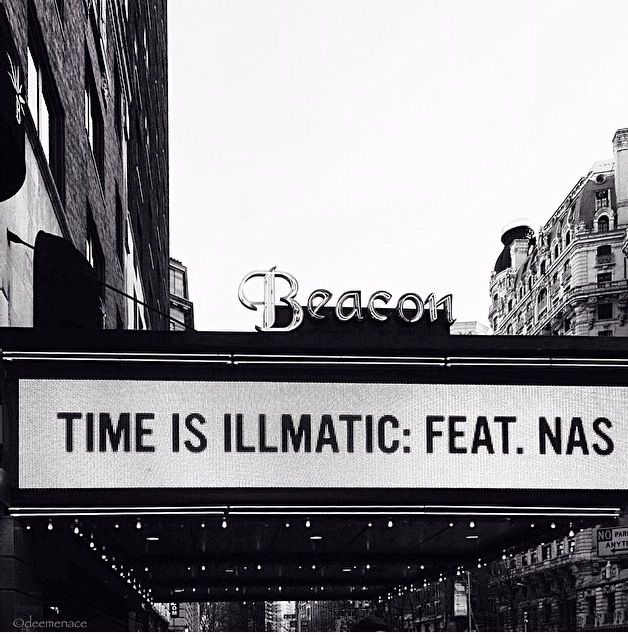


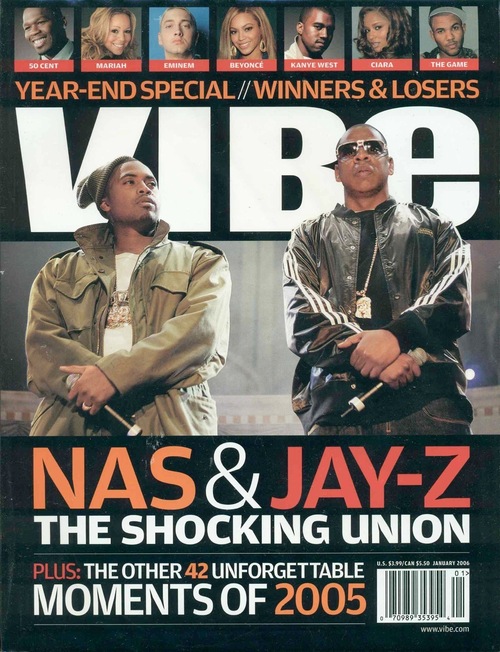
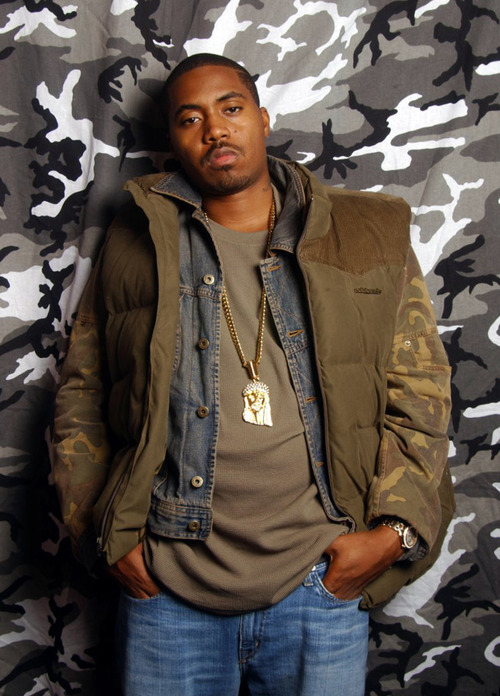



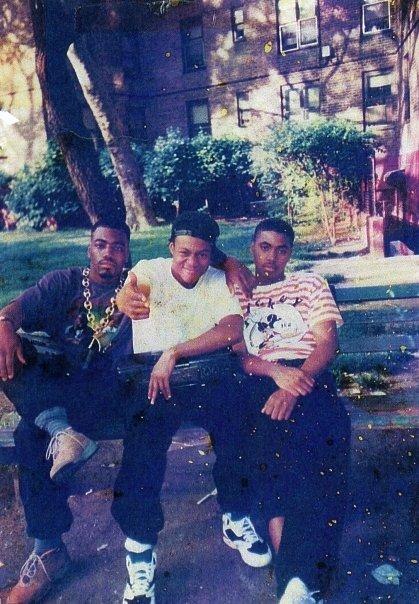

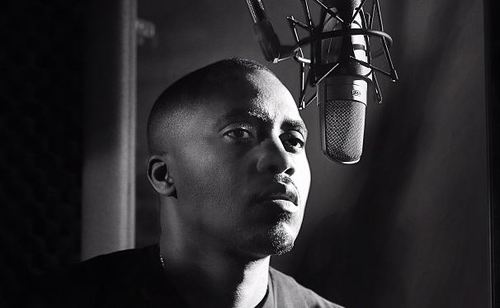
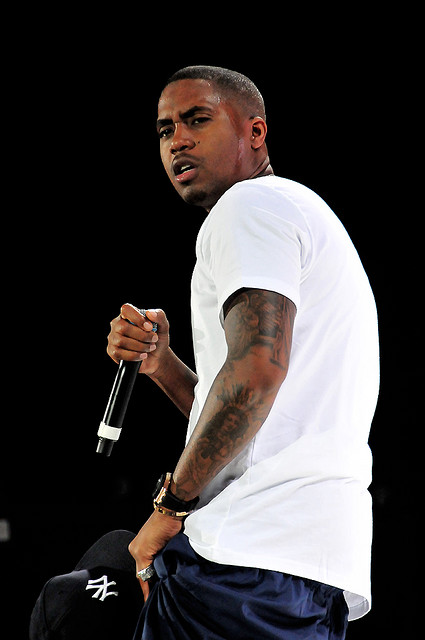

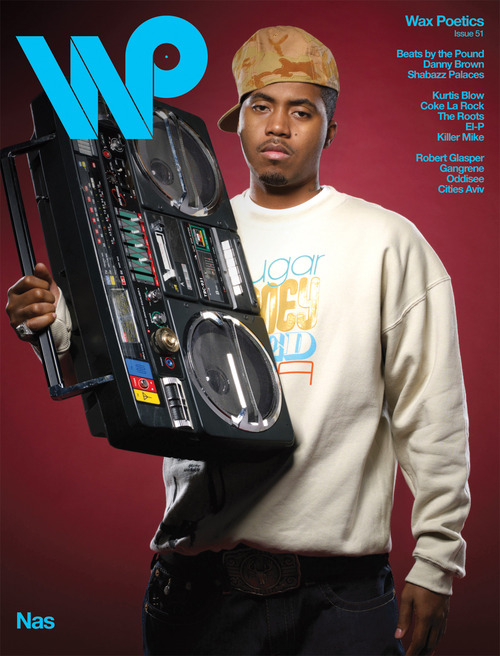

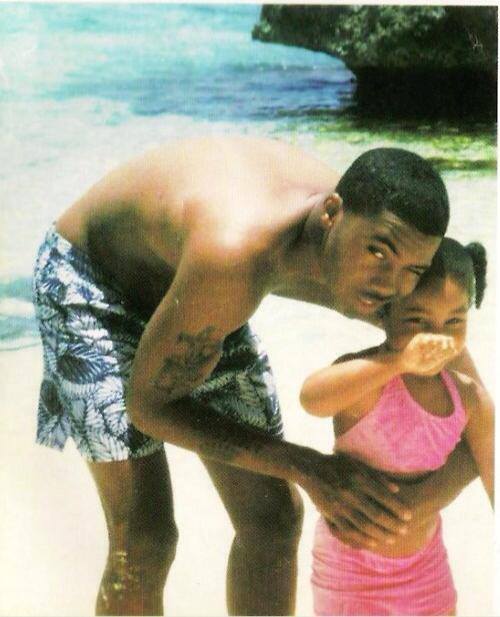
Beginning with his classic debut, Illmatic (1994), Nas stood tall for years as one of New York City's leading rap voices, outspokenly expressing a righteous, self-empowered swagger that endeared him to critics and hip-hop purists. Whether proclaiming himself "Nasty Nas" or "Nas Escobar" or "Nastradamus" or "God's Son," the self-appointed King of New York battled numerous adversaries for his position atop the epicenter of East Coast rap, none more challenging than Jay-Z, who vied with Nas for the vacated throne left in the wake of the Notorious B.I.G.'s 1997 assassination. Such headline-worthy drama informed Nas' provocative rhymes, which he delivered with both a masterful flow and a wise perspective over beats by a range of producers: legends like DJ Premier, Large Professor, and Pete Rock; hitmakers like Trackmasters, Timbaland, and will.i.am; street favorites like Swizz Beatz, Megahertz, and the Alchemist; and personal favorites of his own like L.E.S., Salaam Remi, and Chucky Thompson. Nas likewise collaborated with some of the industry's leading video directors, including Hype Williams and Chris Robinson, presenting singles like "Hate Me Now," "One Mic," and "I Can" with dramatic flair. Throughout all the ups (the acclaim, popularity, and success) and downs (the expectations, adversaries, and over-reaching), Nas continually matured as an artist, evolving from a young street disciple to a vain all-knowing sage to a humbled godly teacher. Such growth made every album release an event and prolonged his increasingly storied career to epic proportions.
Born Nasir Jones, son of jazz musician Olu Dara, Nas dropped out of school in the eighth grade, trading classrooms for the streets of the rough Queensbridge projects, long fabled as the former stomping ground of Marley Marl and his Juice Crew as immortalized in "The Bridge." Despite dropping out of school, Nas developed a high degree of literacy that would later characterize his rhymes. At the same time, though, he delved into street culture and flirted with danger, such experiences similarly characterizing his rhymes. His synthesis of well-crafted rhetoric and street-glamorous imagery blossomed in 1991 when he connected with Main Source and laid down a fiery verse on "Live at the Barbeque" that earned him up-and-coming notice among the East Coast rap scene. Not long afterward, MC Serch of 3rd Bass approached Nas about contributing a track to the Zebrahead soundtrack. Serch was the soundtrack's executive producer and had been impressed by "Live at the Barbeque." Nas submitted "Halftime," and the song so stunned Serch that he made it the soundtrack's lead-off track.
Columbia Records meanwhile signed Nas to a major-label contract, and many of New York's finest producers offered their support. DJ Premier, Large Professor, and Pete Rock entered the studio with the young rapper and began work on Illmatic. When Columbia finally released the album in April 1994, it faced high expectations; Illmatic regardless proved just as astounding as it had been billed. It sold very well, spawned multiple hits, and earned unanimous acclaim, followed soon after by classic status.
The two years leading up to Nas' follow-up, It Was Written (1996), brought another wave of enormous anticipation. The ambitious rapper, who had begun working closely with industry heavyweight Steve Stoute, responded with a significantly different approach than he had taken with Illmatic: where that album had been a straightforward hip-hop album with few pop concessions, the largely Trackmaster-produced It Was Written made numerous concessions to the pop-crossover market, most notably on the two hit singles, "Street Dreams" and "If I Ruled the World (Imagine That)." These singles -- both of which drew from well-known songs, Eurythmics' "Sweet Dreams (Are Made of This)" and Kurtis Blow's "If I Ruled the World," respectively -- broadened Nas' appeal greatly and awarded him MTV-sanctioned crossover success. This same crossover success undermined some of his hip-hop credibility, however, and a minor backlash by purists resulted.
Nas addressed his critics on "Hate Me Now," the second single from his next album, I Am (1999). The effort had originally been planned as a double-disc concept album comprised of autobiographical material, but when some of the tracks were leaked, I Am was scaled down and released as a single disc, with the DJ Premier-produced "Nas Is Like" chosen as the lead single. Besides "Nas Is Like" and "Hate Me Now," which both broke into the Billboard Hot 100, "You Won't See Me Tonight" and "K-I-S-S-I-N-G" also charted as singles. Originally scheduled by Columbia as a follow-up album comprised of the pirated material from the I Am sessions, Nastradamus (1999) -- released in time for the holiday shopping season, roughly six months after its predecessor -- was instead comprised almost entirely of new material, recorded quickly to meet the late-November release date. The album failed to garner the abundance of critical praise that had become customary for Nas. Moreover, unlike its two predecessors, Nastradamus failed to debut at number one on the Billboard 200 album chart, peaking at number seven instead, and failed to go double platinum. Though relatively disappointing on these counts, Nastradamus still went platinum and spawned two charting singles, "Nastradamus" and "You Owe Me," so the album wasn't a failure, just disappointing.
In the late-'90s wake of the Notorious B.I.G.'s assassination, Nas reigned atop the New York rap scene alongside few contemporaries of equal stature. In addition to his endless stream of hits by the industry's most successful producers -- "If I Ruled the World" (produced by the Trackmasters), "Hate Me Now" (Puff Daddy), "Nas Is Like" (DJ Premier), and "You Owe Me" (Timbaland), among others -- he co-starred in the Hype Williams-directed film Belly (1998) alongside DMX and contributed to the soundtrack. Furthermore, Nas led a short-lived supergroup of New York rappers known as the Firm (also comprised of rappers Foxy Brown, AZ, and Nature, with producers Dr. Dre and the Trackmasters) and assembled a broad coalition of fellow Queensbridge rappers for the QB Finest compilation (2000). Amid all of this publicity, though, criticism began to mount. For every crossover fan Nas won with his dramatic MTV-aired videos, he lost support among purists, some of whom felt he had sold out, abandoning hip-hop ideals in favor of commercial success. The relative disappointment of Nastradamus was symptomatic of this downturn.
A series of incidents in 2001 provided a key turning point for Nas' decline. The rapper's personal life was becoming increasingly complicated; he encountered relationship trouble with the mother of his daughter and, of greater consequence, his mother began suffering from cancer. To make matters worse, longtime rival Jay-Z pointedly dissed Nas on "Takeover," the much-discussed lead-off song from his acclaimed Blueprint album (2001). (It didn't help that Jay-Z had risen atop the New York rap scene, giving him ample justification to call out Nas, who had receded from the public eye while he dealt with his personal issues.)
Nas responded strikingly in December 2001 with Stillmatic, the title a reference to his classic Illmatic album, which had been released nearly a decade earlier. Stillmatic opened with the song "Ether," a very direct response to Jay-Z, followed by the aggressive lead single "Get Ur Self A...." These two songs in particular rallied the streets while the moving video for "One Mic" received heavy support from MTV. Throughout 2002, Nas continued his comeback with a number of guest appearances, among them Brandy's "What About Us?," J-Lo's "I'm Gonna Be Alright," and Ja Rule's "The Pledge," as well as yet more news-making controversy, this time involving his no-show at popular radio station Hot 97's annual Summer Jam.
Amid all of the drama, Nas managed to salvage his esteemed reputation and reclaim his lofty status atop the New York scene. Stillmatic earned immediate acclaim from fans and critics alike and sold impressively, while Columbia furthered the comeback campaign with two archival releases, one of remixes (From Illmatic to Stillmatic [2002]), the other of outtakes (The Lost Tapes [2002], which notably includes some of the pirated I Am material). Then at the end of the year Columbia released a new studio album, God's Son (2002), and Nas once again basked in widespread acclaim as the album sold well, spawned sizable hits ("Thugz Mansion," "Made You Look," "I Can"), and received rampant media support. Two years later Nas returned with Street's Disciple (2004), a sprawling double album that delved deeply into various issues, most notably politics and his impending marriage to Kelis. The two-sided "Thief's Theme"/"You Know My Style" single dropped in summer 2004, several months before the album's release, and was followed that fall by the proper lead single "Bridging the Gap."
Street's Disciple came and went, however, without the level of commercial success that had become customary, as it struggled to go platinum. More troubling, new kid on the block 50 Cent took a swipe at Nas on "Piggy Bank," a call-out song on The Massacre (2005), further bringing the veteran rapper's status into question. In a surprising turn of events later that year, Nas made a surprise appearance at Jay-Z's much-hyped I Declare War concert in October 2005. Together the two rivals performed "Dead Presidents," Jay-Z's 1996 debut single; the classic song, produced by Ski Beatz and featured on Reasonable Doubt (1996), features a prominent sample of "The World Is Yours," a 1994 classic by Nas. The reconciliation of Jay-Z and Nas opened the door to a deal with Def Jam. The record label, overseen by Jay-Z as president at the time, signed Nas and, in turn, released Hip Hop Is Dead (2006). The album didn't sell especially well, but it did inspire a lot of commentary about the state of hip-hop and included a much-anticipated collaboration with Jay-Z, "Black Republican." A politically charged self-titled album, at one point considered to be titled N*gger, materialized in 2008, and not without some controversy of its own. Following his divorce from Kelis, Nas released Distant Relatives, an album-length collaboration with Damian "Junior Gong" Marley, in 2010. Two years later, his divorce would be addressed on the venomous Life Is Good, an album that featured Nas holding Kelis' wedding dress on the cover. ~ Jason Birchmeier, Rovi
2009–2018: Collaborations and Life Is Good
At the 2009 Grammy Awards, Nas confirmed he was collaborating on an album with reggae singer Damian Marley which was expected to be released in late 2009. Nas said of the collaboration in an interview "I was a big fan of his father and of course all the children, all the offspring, and Damian, I kind of looked at Damian as a rap guy. His stuff is not really singing, or if he does, it comes off more hard, like on some street shit. I always liked how reggae and hip-hop have always been intertwined and always kind of pushed each other, I always liked the connection. I'd worked with people before from the reggae world but when I worked with Damian, the whole workout was perfect". A portion of the profit was planned to go towards building a school in Africa. He went on to say that it was "too early to tell the title or anything like that". The Los Angeles Times reported that the album would be titled Distant Relatives. Nas also revealed that he would begin working on his tenth studio album following the release of Distant Relatives. During late 2009, Nas used his live band Mulatto with music director Dustin Moore for concerts in Europe and Australia.
After announcing a possible release in 2010, a follow-up compilation to The Lost Tapes (2002) was delayed indefinitely due to issues between him and Def Jam. His eleventh studio album, Life Is Good (2012) was produced primarily by Salaam Remi and No I.D, and released on July 13, 2012. Nas called the album a "magic moment" in his rap career.
In 2011, Nas announced that he would release collaboration albums with Mobb Deep, Common, and a third with DJ Premier. Common said of the project in a 2011 interview, "At some point, we will do that. We'd talked about it and we had a good idea to call it Nas.Com. That was actually going to be a mixtape at one point. But we decided that we should make it an album." Life is Good would be nominated for Best Rap Album at the 2013 Grammy Awards.
In January 2013, Nas announced he had begun working on his twelfth studio album, which would be his final album for Def Jam. The album was supposed to be released during 2015. In October 2013, DJ Premier said that his collaboration album with Nas, would be released following his twelfth studio album. In October 2013, Nas confirmed that a rumored song "Sinatra in the Sands" featuring Jay-Z, Justin Timberlake, and Timbaland would be featured on the album.
On April 16, 2014, on the twentieth anniversary of Illmatic, the documentary Nas: Time Is Illmatic was premiered which recounted circumstances leading up to Nas's debut album. It was reported on September 10, that Nas has finished his last album with Def Jam. On October 30, Nas released a song which might have been the first single on his new album, titled "The Season", produced by J Dilla. Nas has also collaborated with the Australian hip-hop group, Bliss n Eso, in 2014. They released the track "I Am Somebody" in May 2014. Nas was featured on the song "We Are" from Justin Bieber's fourth studio album, Purpose, released in November 2015.
Nas was announced as one of the executive producers of the Netflix original series, The Get Down, prior to its release in August 2016. He narrated the series and rapped as adult Ezekiel of 1996. He also appeared on DJ Khaled's album Major Key, on a track simply titled "Nas Album Done", suggesting an upcoming album was not only completed, but also was imminent.
On October 16, 2016, he received the Jimmy Iovine Icon Award at 2016 REVOLT Music Conference for having a lasting impact and unique influence on music, numerous years in the rap business, his partnership with Hennessy, and Mass Appeal imprint by Puff Daddy.
In November 2016, Nas collaborated with Lin-Manuel Miranda, Dave East and Aloe Blacc on a song called "Wrote My Way Out", which appears on The Hamilton Mixtape.
On April 12, 2017, Nas released the song Angel Dust as soundtrack for TV series The Getdown. It contains a sample of the Gil Scott-Heron and Brian Jackson song Angel Dust.
In June 2017, Nas appeared in the award-winning 2017 documentary The American Epic Sessions directed by Bernard MacMahon, where he recorded live direct-to-disc on the restored first electrical sound recording system from the 1920s. He performed "On the Road Again", a 1928 song by the Memphis Jug Band, which received universal acclaim with The Hollywood Reporter describing his performance as "fantastic" and the Financial Times praising his "superb cover of the Memphis Jug Band's "On the Road Again", exposing the hip-hop blueprint within the 1928 stomper." "On the Road Again", and a performance of "One Mic", were released on Music from The American Epic Sessions: Original Motion Picture Soundtrack on June 9, 2017.
2018–present: Nasir and King's Disease series
In April 2018, Kanye West announced on Twitter that Nas's twelfth studio album will be released on June 15, also serving as executive producer for the album. The album was announced the day before release, titled Nasir, after Nas's first name.
Following the release of Nasir, Nas confirmed he would return to completing a previous album, including production from Swizz Beatz and RZA. This project was released as The Lost Tapes 2 on July 19, 2019, which included production from Kanye West, Pharrell Williams, Swizz Beatz, The Alchemist, and RZA. This album was a sequel to Nas's 2002 release, The Lost Tapes.
In August 2020, Nas announced that he would be releasing his 13th album the same month. On August 13, he revealed the album's title, King's Disease. The album, executive-produced by Hit-Boy, was preceded by the lead single, "Ultra Black", a song detailing perseverance and pride "despite the system". A second installment was released in August 2021.
Controversies and Feuds
Jay-Z
Initially friends, Nas and Jay-Z had met a number of times in the 1990s with no animosity between the two. Jay-Z requested that Nas appear on his 1996 album Reasonable Doubt on the track "Bring it On"; however, Nas never showed up to the studio and was not included on the album. In response to this, Jay-Z asked producer Ski Beatz to sample a line from Nas's song The World is Yours, with the sample featured heavily in what went on to be Dead Presidents II. The two traded subliminal responses for the next couple of years, until the beef was escalated further in 2001 after Jay-Z publicly addressed Nas at the Summer Jam, performing what would go on to be known as Takeover, ending the performance by saying "ask Nas, he don't want it with Hov". After Jay-Z eventually released the song on his 2001 album The Blueprint, Nas responded with the song "Ether", from his album Stillmatic, with both fans and critics saying that the song had effectively saved Nas's career and marked his return to prominence, and almost unanimously agreeing Nas had won their feud. Jay-Z responded with a freestyle over the instrumental to Nas's "Got Ur Self a Gun", known as "Supa Ugly". In the song, Jay-Z makes reference to Nas's girlfriend and daughter, going into graphic detail about having an affair with his girlfriend. Jay-Z's mother was personally disgusted by the song, and demanded he apologize to Nas and his family, which he did in December 2001 on Hot 97. Supa Ugly marked the last direct diss song between Jay-Z and Nas, however, the two continued to trade subliminals on their subsequent releases. The feud was officially brought to an end in 2005, when Jay-Z and Nas performed on stage together in a surprise concert also featuring P Diddy, Kanye West and Beanie Sigel. The following year, Nas signed with Def Jam Recordings, of which Jay-Z then served as president.
Cam'ron
After Nas was removed from the 2002 Summer Jam lineup due to allegedly planning to perform the song Ether while a mock lynching of a Jay-Z doll took place behind him, Cam'ron was announced as a last minute replacement and headlined the show instead. Nas appeared on Power 105.1 days later and addressed a number of fellow artists, including Nelly, Noreaga and Cam'ron himself. Nas praised Cam'ron as a good lyricist, but branded his album Come Home With Me as "wack". After Cam'ron heard of Nas's words, he appeared on Funkmaster Flex's Hot 97 and performed a freestyle diss over the beat to Nas's "Hate Me Now", making reference to Nas's mother, baby mother and daughter. Nas did not respond directly but appeared on the radio days later, calling Cam'ron a "dummy" for supposedly being used by Hot 97 to generate ratings. Nas eventually responded on his 2002 album God's Son on the song "Zone Out", claiming Cam'ron had HIV. Cam'ron and the rest of The Diplomats, specifically Jim Jones continued to attack Nas throughout 2003, on numerous mixtapes, albums and radio freestyles, however, the feud between the two slowly died down and they eventually reconciled in 2014.
2Pac
After 2Pac interpreted lines directed to the Notorious B.I.G. on Nas's 1996 album It Was Written to be aimed towards him, he attacked Nas on the track Against All Odds from The Don Killuminati: The 7 Day Theory. Nas himself later admitted he was brought to tears when he heard the diss because he idolized 2Pac. The two later met in Central Park before the 1996 MTV Video Music Awards and ended their feud, with 2Pac promising to remove any disses aimed at Nas from the official album release; however, 2Pac was shot four times in a drive-by shooting in Las Vegas, Nevada three days later on September 7, dying of his wounds on September 13, before any edits to the album could be made.
Young Jeezy
After Nas blamed Southern hip hop as the cause of the perceived artistic decline of the genre on his 2006 single "Hip Hop Is Dead", from the album of the same name, his then-Def Jam labelmate Young Jeezy took offense by claiming that Nas had "no street credibility" and vowing his album The Inspiration would outsell Hip Hop is Dead, which were released one week apart from each other in December 2006. After failing to do so, Jeezy took back his disses towards Nas, and the two later collaborated on the 2008 hit single "My President".
Doja Cat
In 2020, after Doja Cat faced accusations of participating in racist conversations on the internet, Nas referenced her in his song "Ultra Black", calling her "the opposite of ultra black". The response to the lyric was mixed, with some defending his right to criticize her, and others resurfacing allegations that he verbally abused his ex-wife, Kelis. Doja Cat shrugged off the namedrop, jokingly referencing the lyric in a TikTok video. In an interview with Fat Joe, Doja Cat said that she has no interest in "beefing" with Nas saying "I fucking love Nas, thank fucking god he noticed me. I love Nas. So I don’t give a shit. He can say whatever he wants. I really don’t care". Nas later claimed that the line was not meant to be perceived as a "diss", and that he was "just trying to find another word that worked with the scheme of the song."
Business ventures
On April 10, 2013, Nas invested an undisclosed six-figure sum into Mass Appeal Magazine, where he went on to serve as the publication's associate publisher, joined by creative firm Decon and White Owl Capital Partners. In June 2013, he opened his own sneaker store.
In September 2013, he invested in a technology startup company, a job search appmaker called Proven. In 2014, Nas invested as part of a $2.8M round in viral video startup ViralGains another addition to Queens-bridge venture partners portfolio.
Nas has a partnership with Hennessy and has been working with their "Wild Rabbit" campaign.
In May 2014, Nas partnered with job placement startup Koru to fund a scholarship for 10 college graduates to go through Koru's training program. Nas also will be joining the startup as a guest coach. Nas is a co-owner of a Cloud-based service LANDR, an automated, drag-and-drop digital audio postproduction tool which automates "mastering", the final stage in audio production. In June 2015, Nas joined forces with New York City soul food restaurant Sweet Chick. He plans to expand the restaurant brand nationally. The Los Angeles location opened in April 2017. He owns his own clothing line called HSTRY.
In June 2018, Nas was paid $40 million after Amazon acquired the doorbell company Ring Inc. as well as PillPack - the latter of which he invested in via his investment firm, Queensbridge Venture Partners.
He has continued to invest heavily in technology startups including Dropbox, Lyft, and Robinhood.
Personal life
Nas is a spokesperson and mentor for P'Tones Records, a non-profit after school music program with the mission "to create constructive opportunities for urban youth through no-cost music programs."
He is a cousin of American actress Yara Shahidi.
On June 15, 1994, Nas's ex-fiancée Carmen Bryan gave birth to their daughter, Destiny. She later confessed to Nas that she had a relationship with his then-rival rapper and nemesis Jay-Z, also accusing Jay-Z of putting subliminal messages in his lyrics about their relationship together, causing an even bigger rift in the feud between the two men.
Nas also briefly dated Mary J. Blige and Nicki Minaj respectively. In 2005, Nas married R&B singer Kelis in Atlanta after a two-year relationship. On April 30, 2009, a spokesperson confirmed that Kelis filed for divorce, citing irreconcilable differences. Kelis gave birth to Nas's first son on July 21, 2009, although the event was soured by a disagreement which ended in Nas announcing the birth of his son, Knight, at a gig in Queens, NY, against Kelis's wishes. The birth was also announced by Nas via an online video. The couple's divorce was finalized on May 21, 2010. In 2018, Kelis accused Nas of being physically and mentally abusive during their marriage. Nas replied to the accusations on social media, accusing Kelis of attempting to slander Nas in the time of a custody battle and accusing Kelis of abusing his daughter, Destiny.
In January 2012 Nas was involved in a dispute with a concert promoter in Angola, having accepted $300,000 for a concert in Luanda, Angola's capital for New Year's Eve and then not showing up. American promoter Patrick Allocco and his son, who arranged for Nas's concert, were detained at gunpoint and taken to an Angolan jail by the local promoter who fronted the $300,000 for the concert. Only after the U.S. Embassy intervened were the promoter and his son allowed to leave jail—but were placed under house arrest at their hotel. As of the end of the month Nas returned all $300,000 and after 49 days of travel ban Allocco and his son were both released.
On March 15, 2012, Nas became the first rapper to have a personal verified account on Rap Genius where he explains all his own lyrics and commenting on the lyrics of other rappers he admires.
In September 2009 the U.S. Internal Revenue Service filed a federal tax lien against Nas for over $2.5 million, seeking unpaid taxes dating back to 2006. By early 2011 this figure had ballooned to over $6.4 million. Early in 2012 reports emerged that the IRS had filed papers in Georgia to garnish a portion of Nas's earnings from material published under BMI and ASCAP, until his delinquent tax bill is settled.
In May 2013, it was announced that Nas would open a sneaker store in Las Vegas called 12 am RUN (pronounced Midnight Run) as part of The LINQ retail development.
In July 2013, he was honored by Harvard University, as the institution established the Nasir Jones Hip-Hop Fellowship, which would serve to fund scholars and artists who show potential and creativity in the arts in connection to hip hop.
In an October 2014 episode of PBS's Finding Your Roots, Nas learned about five generations of his ancestry. His great-great-great-grandmother, Pocahontas Little, was a slave who was sold for $830. When host Henry Louis Gates showed Nas her bill of sale and told him more about the man who bought her, Nas remarked that he is considering buying the land where the slave owner lived. Nas is also shown the marriage certificate of his great-great-great-grandmother, Pocahontas, and great-great-great-grandfather, Calvin.
Nas is a fan of his hometown baseball team the New York Mets and English soccer team Everton FC.
(sources: mtv.com, Wikipedia)
See More of the 90's Artists Collection




